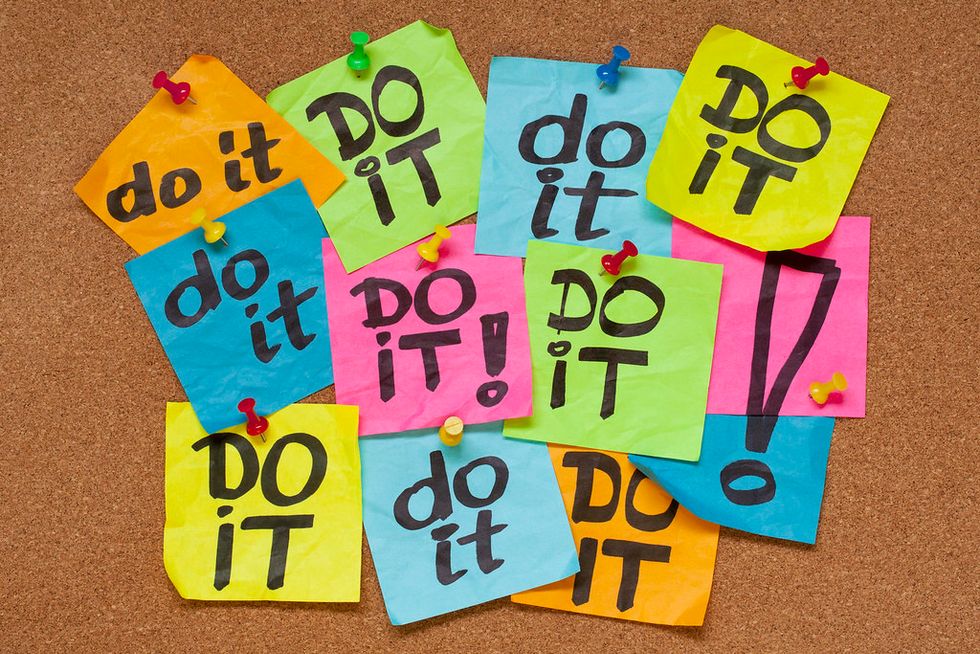Procrastination has always been one of my biggest weaknesses. Waiting until the very last minute to do things always ends up hurting me in some way or another. For me, procrastination leads to stress, anxiety, and bad habits such as binge eating. When I procrastinate anything, whether it be assignments, work, or even simple tasks like laundry, I feel an insistent sense of guilt and irresponsibility that takes a toll on my mental health. I feel like I should be doing something because I am aware of what I am not doing; this causes me to over-eat and focus on less important things like my phone or my social media. Procrastination also leads to distraction in my case, and I am constantly feeling pressured to work on something. Procrastinating my work only worsens the problem when I have to deal with it later on. Cramming the night before for a midterm due to the procrastination of studying is not a very pleasurable activity.
There are many reasons why I resort to procrastination so often. Laziness, lethargy, lack of time management skills, etc. However, the main thing I have learned about myself from the countless instances in my life where I've procrastinated is this: I am not good at facing my fears head-on. For instance, I find that writing assignments are the ones that I procrastinate the most because I do not like writing and often believe I am a bad writer. By putting off the writing assignment until the very last minute, I am allowing my fear of being a bad writer and writing a bad essay to rule my conscience. Procrastination is a form of avoidance and a toxic trait that capitalizes on the fear of failure. I will put off an assignment that is hard or difficult because I simply do not want to deal with it and experience the struggle that comes with facing my weaknesses.
Over the years I have tried to combat my procrastination habit several ways. Some tactics I have tried include incentivizing myself to do work by allowing myself breaks or giving myself a reward for finishing work. For example every paragraph of an essay I finish, I would allow myself to watch an episode of the show I was binging. Or every assignment I finish Id allow myself to take a quick break to eat, relax, check my phone, etc. This reward method, although somewhat effective is only temporary and often results in distraction and further procrastination in the long run. It also affects the quality of my work because I am just trying to finish the work as soon as possible to get to the next reward.
The method that has given me the most success, as corny as it sounds, is telling myself that I am capable. When I feel capable, I'm more likely to tackle an assignment head-on rather than putting it off for later. Although I may not like it at first, being ambitious and taking things on gives me confidence later on and allows me to finish my work in a timely manner.
If you're struggling with procrastination, next time you get an assignment or task, think to yourself, "I can do this and I'm going to do this right now," because having a mentality where you are capable will incentivize you to keep the procrastination at bay.

















